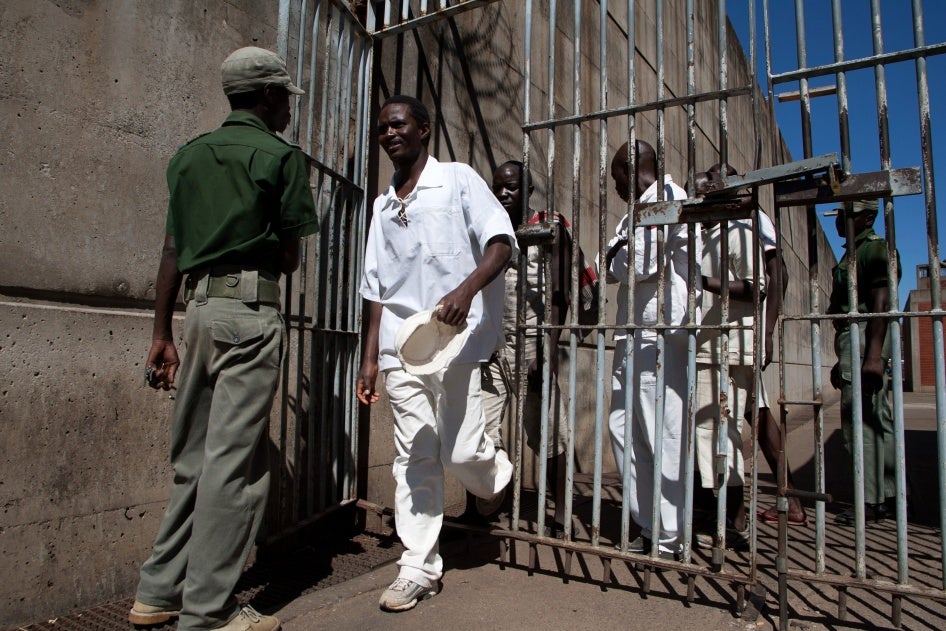Zimbabwe’s cabinet has approved a bill that, if passed by parliament, will abolish the death penalty.
Member of Parliament Edwin Mushoriwa introduced a private members bill in 2023 – the Death Penalty Abolition Bill – to amend Zimbabwe’s Criminal Law Code and the Criminal Procedure and Evidence Act to abolish the death penalty. Nationwide consultations across the country’s 10 provinces have shown that “the majority of our people want the death penalty to be abolished,” he said recently.
While Zimbabwe carried out its last executions in 2005, courts have continued to impose the death sentence and there are currently 63 prisoners on death row. Zimbabwe’s minister of information, publicity and broadcasting services said if Parliament votes to abolish the death penalty, the 63 death row prisoners will be returned to court for resentencing.
The Constitution of Zimbabwe protects the right to life. However, it empowers courts in limited circumstances to impose the death penalty for aggravated murder. The proposed law would prohibit any court from imposing the death penalty and from carrying out a death sentence previously handed down.
The right to life and the right not to be subjected to torture or other ill-treatment are established in the Universal Declaration of Human Rights, international human rights treaties to which Zimbabwe is party, and many national constitutions.
Although article 6 of the International Covenant on Civil and Political Rights permits the use of the death penalty in limited circumstances, the United Nations Office of the High Commissioner for Human Rights Office has stated that the use of the death penalty is not consistent with the right to life and the right to live free from torture or cruel, inhuman or degrading treatment or punishment.
In 2022, the African Commission on Human and Peoples’ Rights called on all member countries of the African Charter on Human and Peoples’ Rights to “take steps towards abolishing the Death Penalty.”
Human Rights Watch opposes the death penalty in all circumstances because of its inherent cruelty.
To date, some 170 countries have abolished or introduced a moratorium on the death penalty either in law or in practice. In Southern Africa, by approving the Death Penalty Abolition Bill, Zimbabwe will join Angola, Madagascar, Mauritius, Mozambique, Namibia, Seychelles, South Africa, and Zambia to have abolished the death penalty for all crimes.










